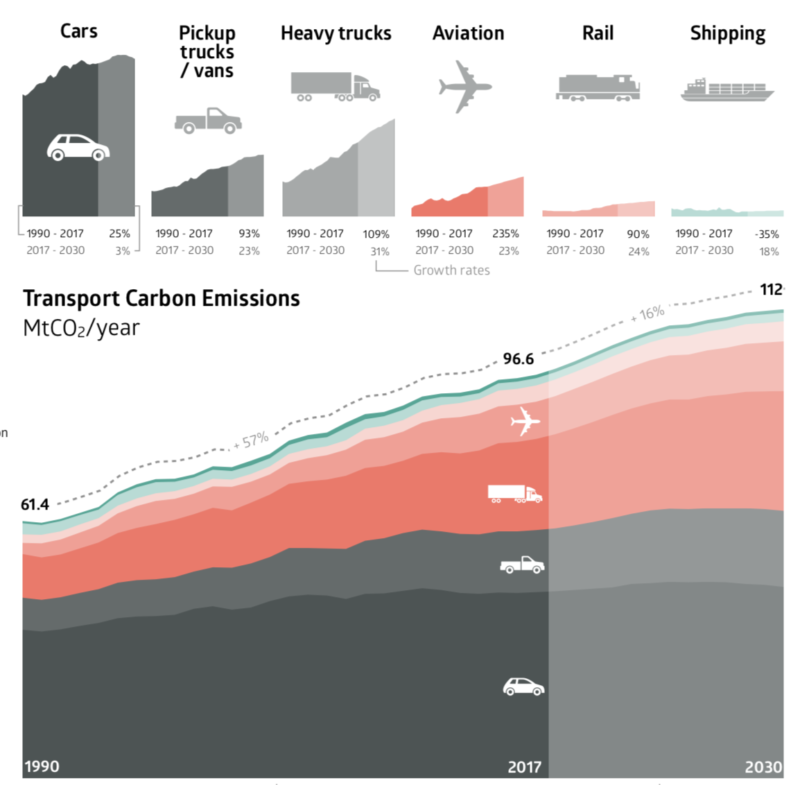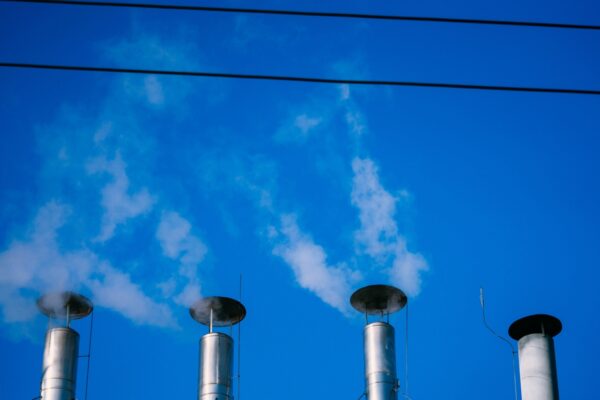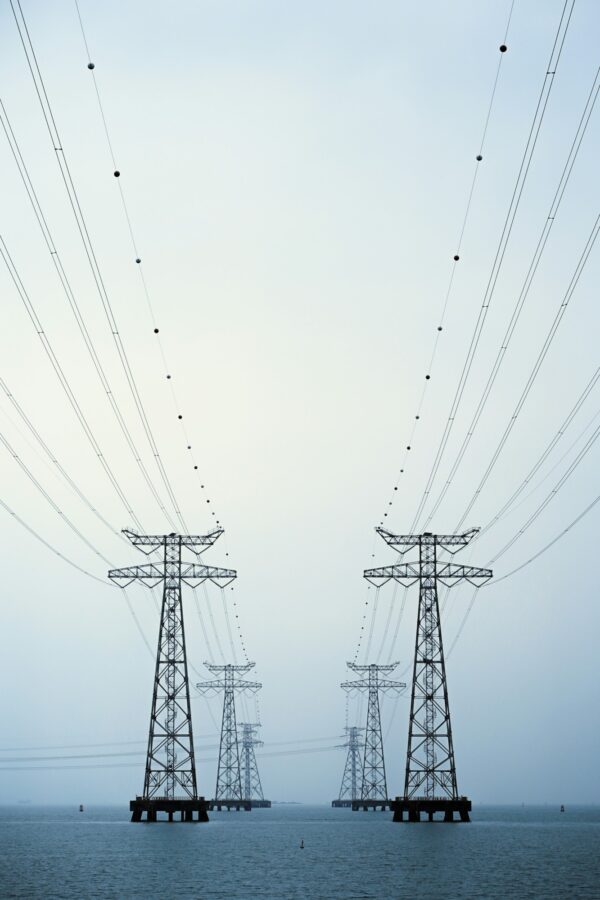Australians stuck driving clunkers as clean transport push falls behind comparable countries: analysis
Share

The analysis, which compared Australia’s performance on clean transport with 10 comparable countries, found:
- Climate pollution from Australian transport has already risen 57 per cent since 1990 and is projected to increase to 82 per cent above the same mark by the end of the decade.
- Australia’s combined fleet of 19.2 million vehicles is among the world’s most polluting and least fuel efficient.
- While 80 per cent of light duty vehicles sold globally are subject to climate pollution and fuel economy standards, Australia has no such rules for cars, motorbikes and trucks sold here.
The Climate Analytics research shows if Australia is to help meet the obligations of the Paris Agreement, we will need to have climate pollution-free transport by 2050. That will require most cars sold in 2035 to be zero-emissions.
Countries like China, India, France and the UK have already set dates to ban sales of internal combustion engine vehicles. Australia has not.
ACF’s Chief Executive Officer, Kelly O’Shanassy, said Australians were stuck driving unnecessarily polluting and inefficient cars, while successive governments had dropped the ball on mandatory fuel efficiency standards, incentives to take up electric vehicles and installing charging infrastructure.
“A coalition of petrol companies, car importers and, sadly, trusted car clubs like the RACV and NRMA, have actively sought to stop any real pollution or fuel efficiency standards in Australia,” Ms O’Shanassy said.
“These groups don’t seem to care about the health of the community, the hip pocket of motorists or our planet.
“While you might expect petrol companies and car importers to protect their profits over the health of the community and the planet, it is truly reprehensible that the RACV, RACQ, NRMA and other trusted car clubs are trashing clean transport laws through their irresponsible lobby group, the Australian Automobile Association.
“Australia has been considering mandatory climate pollution and fuel standards for years and years – but governments have fallen for reckless scare campaigns and shirked implementation. As a result, Australia is the only country in the OECD without mandatory climate pollution standards for cars and trucks.
“Australia has also been slow to encourage the adoption of electric vehicles and has no national strategy, targets or infrastructure support. Countries like China, India and France have started to adopt forward thinking regimes that Australia should follow.”
The Climate Analytics report, Australia’s vehicle fleet: Dirty and falling further behind, is the third of four reports on Australia’s performance in cutting climate pollution. Links to the reports released so far can be found below.
Australia’s vehicle fleet: Dirty and falling further behind
Australia’s industry: Inefficient and standing still
Australia’s pollution profile and how to turn it around











